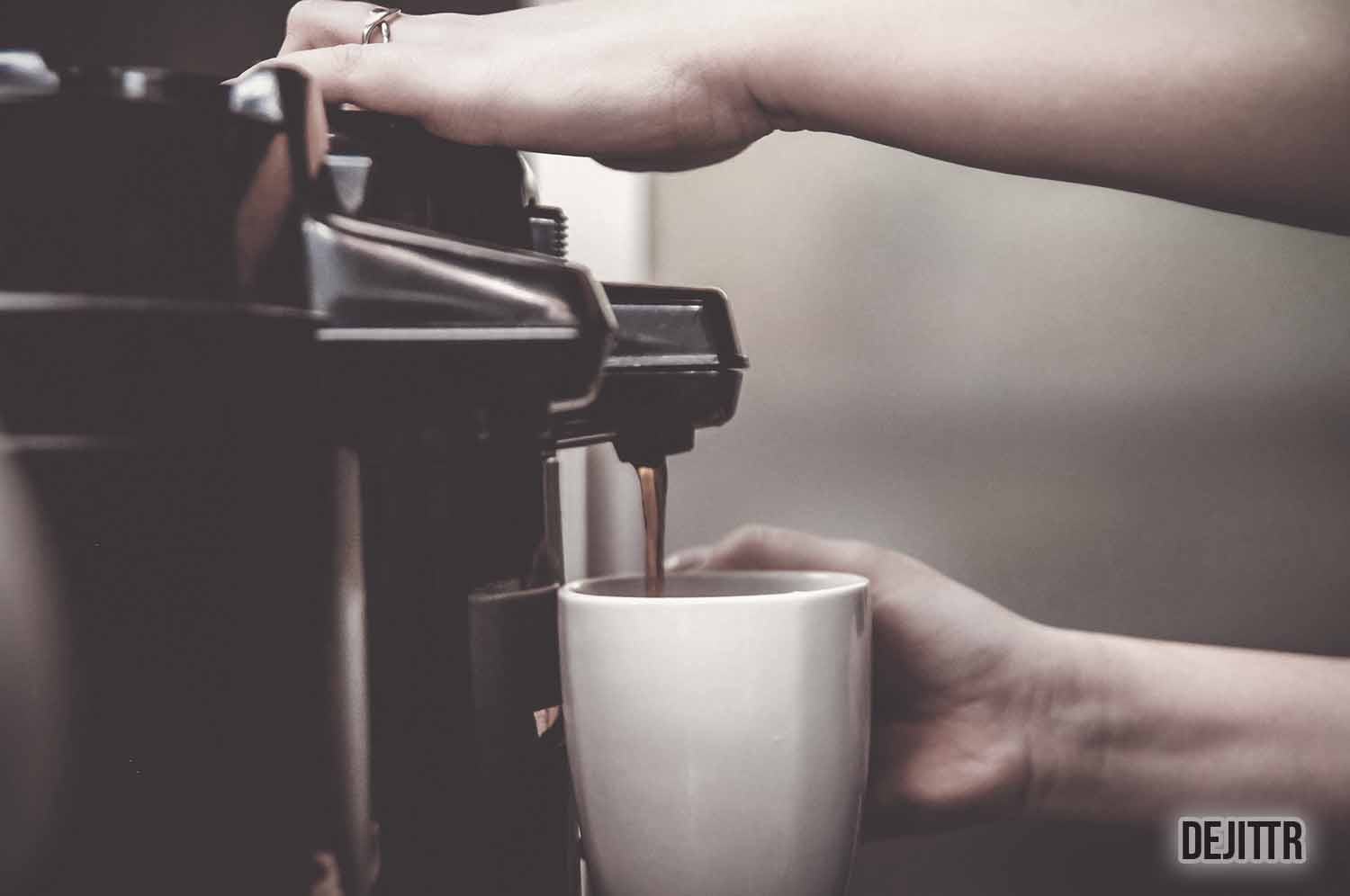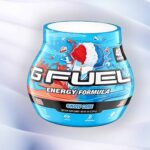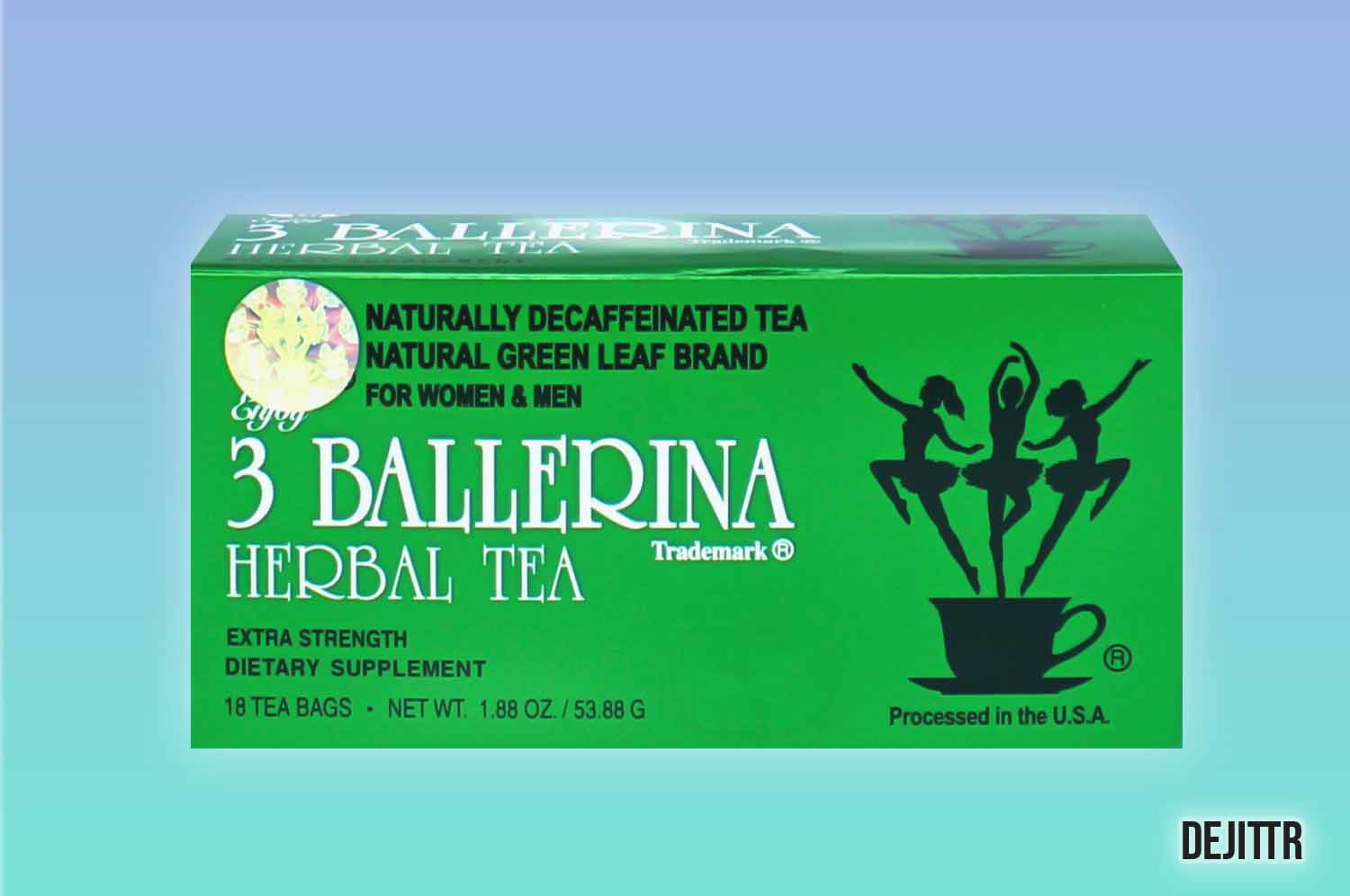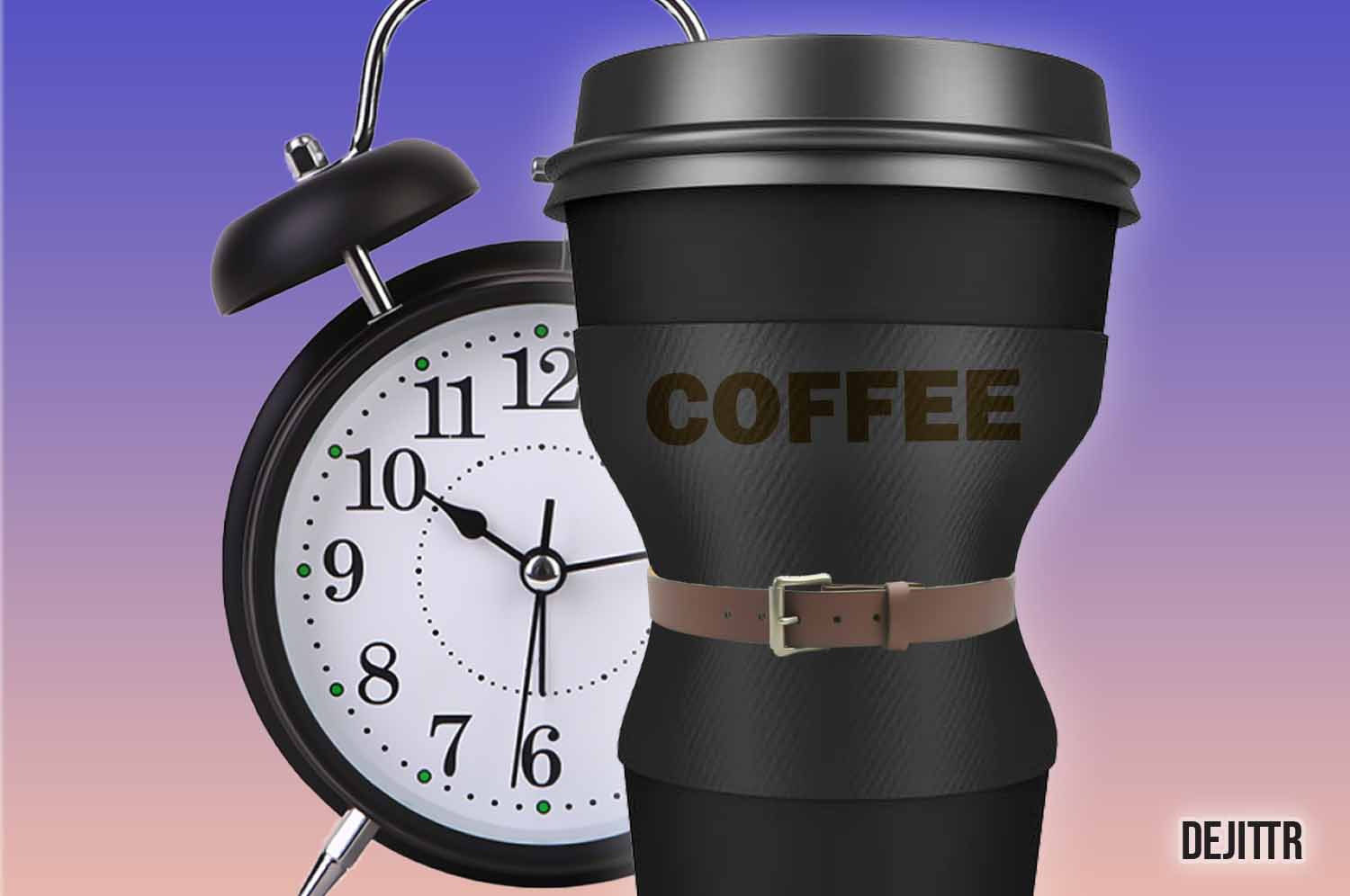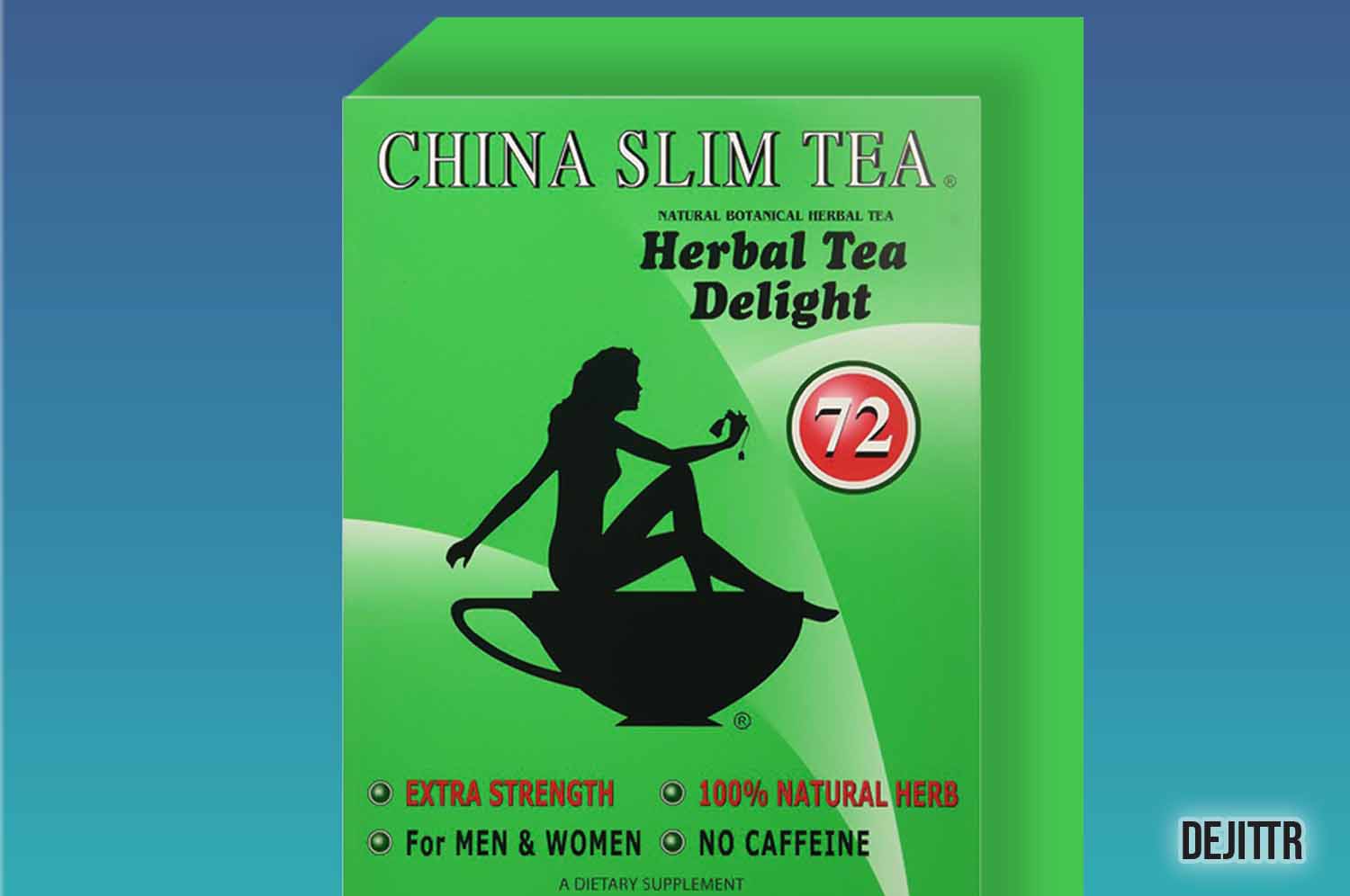It’s probably fair to say that coffee is one of the most popular beverages in the world. In fact, over 400 million cups of coffee are consumed in the US alone – every single day! And while drinking coffee is a favorite pastime or even a required morning ritual for most – making a cup of coffee also plays a huge part in the enjoyment of coffee.
There are many ways to make coffee: from fancy chemistry-lab setups for nitro cold brews to the humble yet reliable 3-in-1 coffee powder. One of the most common types of ways to make coffee, however, is the Coffee maker.
Using the right water plays a big part in the taste and texture of your coffee. And with that, the question of whether you should use hot or cold water in a Coffee maker comes to mind.
You should always use cold or room temperature water for your Coffee maker. Hot water can dislodge contaminates from plumbing and impact the taste of coffee.
But there’s a lot more to know.
Here are some of the most important reasons why you shouldn’t use hot water in a Coffee maker:
- Cold water absorbs fewer minerals from water pipes
- Cold water produces optimum extraction
- Hot water increases the water pressure inside your Coffee maker’s water pipes
Why Cold Water Is Better For A Coffee maker
1. Cold water absorbs fewer minerals from water pipes
For a start, cold water is always better for making coffee, no matter the machine that you use. This is because cold water absorbs fewer minerals that exist in the water pipe mains running to your home or wherever you get your water from. Running hot water tends to pick up minerals in the plumbing pipes that will end up accumulating in your coffee, changing the taste and texture in subtle yet noticeable ways.
Recommended Resource:
One of the goals of our website is to demystify ingredients such as caffeine. We create fun-to-read, in-depth, and medically-backed topics that our users love. Here’s another super helpful resource when you’re done reading this article.
2. Cold water produces optimum extraction
Your coffee maker has an inbuilt water heater that works to heat up cool or room temperature water to the optimum temperature to create the best extraction rate for your coffee grounds, resulting in a great-tasting cup of coffee. Using hot water throws off the design of how your Coffee maker is supposed to work, resulting in a very bitter-tasting cup of coffee, or worse – a malfunctioning machine that needs expensive repairs.
3. Hot water increases the water pressure inside your Coffee maker’s water pipes
Using hot, boiling water in your Coffee maker will cause the water to shoot up the hot water pipe in your Coffee maker quicker. This is not designed to happen in the Coffee maker.
Coffee is brewed in the machine by a controlled flow of hot water bubbles that travel up the hot water pipes into the filter basket where the coffee grounds are. For most Coffee makers, there is no way to control the flow of water to the filter basket.
Hence, if you’re using hot water in your machine and it shoots up the pipe due to the increase in water pressure, you’re going to get an overflow of hot water that can cause damage to the machine’s internal components if the hot water finds its way into the heating plate.
How A Coffee maker Works
To fully understand the implications of using hot water in a Coffee maker, let’s go through the functions of a Coffee maker to see how it works, from start to finish.
Your Coffee maker will more than likely have a water reservoir attached to it that you can fill up with room temperature or cold temperature water. Once you turn your Coffee maker on to brew mode, the water from the reservoir travels into the heating element part of your Coffee maker, and is subsequently heated to the adequate temperature to create the optimum amount of pressure.
This increase in pressure creates hot water bubbles that travel up the hot water pipe in a controlled flow that has been designed and calibrated by the Coffee maker manufacturer. The hot water bubbles then travel to the filter basket where the coffee grounds are – creating a perfect cup of coffee by the time the brewing process is finished.
Water Quality
Apart from water temperature, water quality also plays a huge role in determining the taste and quality of the coffee that you get from your Coffee maker.
If you can, consider using filtered water in your coffee-making process. This is especially useful if the tap water in the area you live in is hard water – this means that there is a higher concentration of minerals such as calcium in your tap water.
These minerals can eventually clog up your Coffee maker’s pipes and water extraction mechanism if you don’t clean your coffee filter machine regularly. This can result in a bad taste in your cup of coffee, wrong extraction calibration times, or could even lead to a malfunction in the worst-case scenario.
Water in your Coffee maker is usually heated up to 195ºF to 205ºF when it enters the heating element, which is the optimal extraction temperature according to the National Coffee Association. So if you’re using cold or room temperature filtered water in your Coffee maker, you’ll be sure to have a perfectly brewed cup of coffee each time.
Conclusion
Water temperature and water quality are two of the most important factors that affect the taste and texture of your morning brew. And if you’re like me, the last thing you’ll want to worry about when you wake up in the morning is trying to deal with a malfunctioning coffee filter machine before your first cup of joe.
Always use room temperature or cold water in your Coffee maker to prevent it from making bitter tasting coffee, or coffee that is not extracted properly – after all, it’s what your Coffee maker was designed for, anyway. You’ll also stand to gain by using filtered water instead of tap water, because the increased water purity is guaranteed to make a great cup of coffee each time.
Photo altered by dejittr.com | Photo attribution: John Schnobrich


